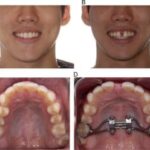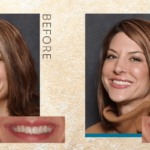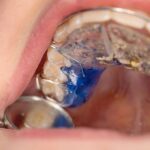Getting an expander is a significant step in your orthodontic treatment, as it helps create space in your mouth for proper alignment of your teeth. However, it is crucial to understand the consequences of overturning your expander and the potential risks involved.
When an expander is properly placed and adjusted by a professional orthodontist, it gradually widens your upper jaw, allowing for proper tooth alignment and bite correction. However, if you decide to overturn your expander without consulting your orthodontist, it can lead to various complications and hinder the progress of your treatment.
One of the main consequences of overturning your expander is the possibility of damaging your teeth and gums. The expander exerts pressure on your jawbone, which stimulates bone growth and creates space for your teeth to move. If you overturn the expander abruptly or without proper guidance, it can cause damage to your teeth, gums, or even the underlying bone structure.
Potential Risks and Complications
One potential risk of overturning your expander is that it can disrupt the progress of your treatment. Expander appliances are typically used to create space in the mouth for teeth to move into their proper positions. If the expander is overturned, this can affect the alignment of your teeth and potentially undo any progress that has been made.
Another potential complication is that overturning your expander can cause discomfort and pain. Expander appliances work by applying gentle pressure to the roof of the mouth, and overturning the expander can lead to increased pressure and discomfort. This can make it difficult to eat, speak, and perform other daily activities.
Additionally, overturning your expander can have long-term effects on your oral health. Expander appliances are typically used to correct issues such as crowding or a narrow palate. If the expander is overturned, these issues may not be properly addressed, which can lead to ongoing oral health problems in the future.
Impact on Treatment Progress
When an expander is overturned, it can have a significant impact on the progress of your orthodontic treatment. The expander plays a crucial role in widening the upper jaw and creating more space for proper alignment of the teeth. If the expander is not properly maintained and accidentally overturned, it can disrupt the treatment plan and potentially extend the overall duration of treatment.
One of the main consequences of overturning your expander is that it can hinder the desired expansion of the upper jaw. This can lead to overcrowding of the teeth, misalignment, and other orthodontic issues. The expander helps to create enough space for the teeth to move into their correct positions, and overturning it can impede this process.
Additionally, overturning the expander can cause discomfort and pain. The expander puts pressure on the upper jaw to gradually widen it, and when it is overturned, this pressure is disrupted. This can result in soreness, difficulty in speaking and eating, and overall discomfort.
Furthermore, overturning the expander can also affect the stability of the treatment results. The expander is typically worn for a specific period of time to achieve the desired expansion and alignment of the upper jaw. If it is overturned, the progress made during the treatment may be compromised, and additional adjustments or interventions may be required to correct the issue.
Long-Term Effects on Oral Health
1. Misalignment of Teeth: One of the main consequences of overturning your expander is the potential for misalignment of your teeth. The expander is designed to gradually widen your upper jaw and create space for proper alignment of your teeth. When the expander is overturned, it can disrupt this process and lead to crooked or crowded teeth.
2. Bite Problems: The expander also plays a role in correcting bite problems such as overbite or underbite. When the expander is not used correctly or is overturned, it can affect the alignment of your upper and lower jaws, leading to bite problems. This can result in difficulty chewing, speaking, and even breathing.
3. TMJ Issues: The temporomandibular joint (TMJ) is responsible for the movement of your jaw. Overturning your expander can put stress on the TMJ, leading to temporomandibular joint disorder (TMD). TMD can cause jaw pain, headaches, and difficulty opening and closing your mouth.
4. Speech Problems: An overturned expander can affect the position of your tongue and alter the way you speak. It can lead to lisping or other speech problems that can affect your confidence and communication skills.
5. Increased Risk of Tooth Decay: When the expander is not properly aligned, it can create spaces where food particles can get trapped, making it difficult to clean your teeth effectively. This can increase the risk of tooth decay and gum disease.
Preventing Long-Term Effects
To prevent long-term effects on your oral health, it is crucial to follow your orthodontist’s instructions and avoid overturning your expander. Here are some steps you can take:
1. Follow the Recommended Treatment Plan: Stick to the treatment plan provided by your orthodontist. This includes wearing the expander for the recommended duration and following any additional instructions.
2. Avoid Manipulating the Expander: Refrain from trying to adjust or overturn the expander on your own. Leave any adjustments or repairs to your orthodontist.
3. Practice Good Oral Hygiene: Maintain a proper oral hygiene routine, including brushing your teeth twice a day, flossing daily, and using mouthwash. This will help prevent tooth decay and gum disease.
4. Attend Regular Check-ups: Schedule regular check-ups with your orthodontist to monitor the progress of your treatment and address any concerns or issues.
By taking these steps, you can minimize the risk of overturning your expander and experiencing long-term effects on your oral health.
Steps to Prevent Overturning Your Expander
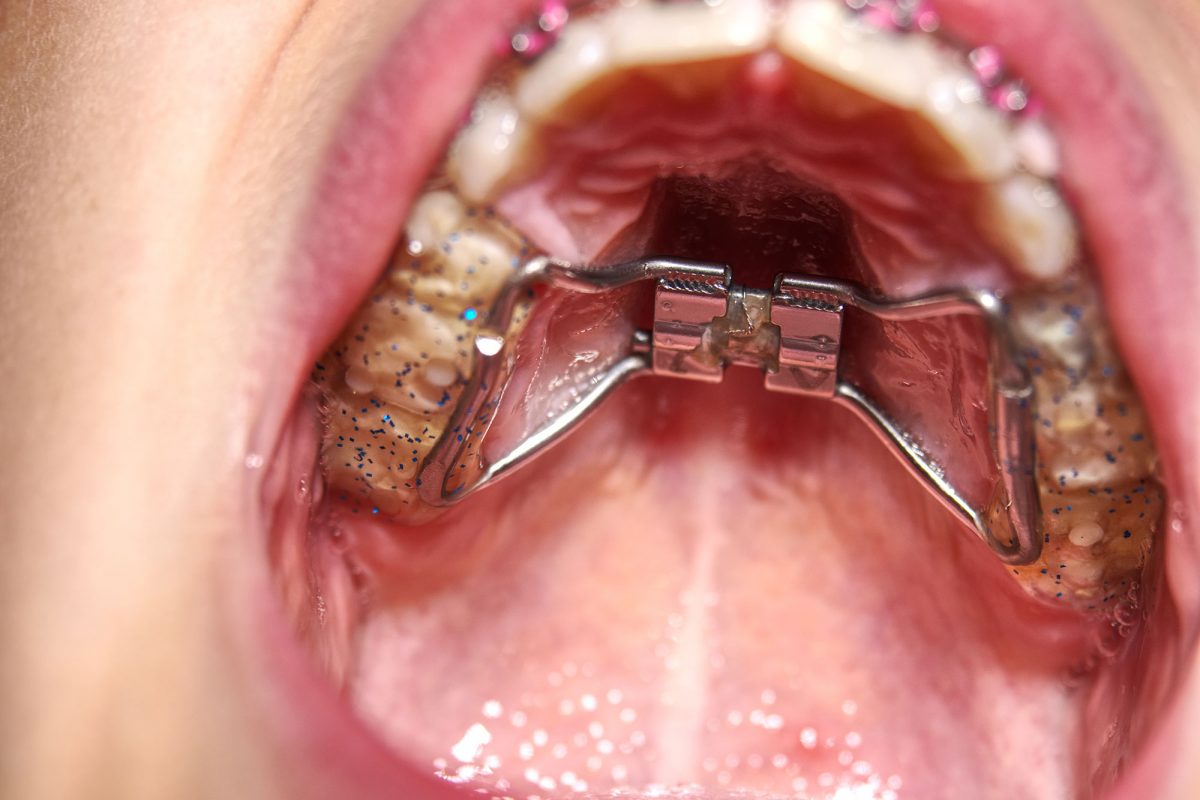
1. Follow your orthodontist’s instructions
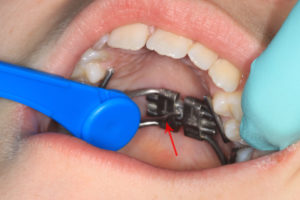
Your orthodontist will provide you with specific instructions on how to care for and maintain your expander. It is crucial to follow these instructions carefully to prevent any accidental overturning.
2. Avoid sticky or hard foods

Sticky or hard foods can put excessive pressure on your expander and increase the risk of overturning. Avoid foods like gum, caramel, hard candies, and nuts that can damage or dislodge your expander.
3. Be cautious when brushing and flossing
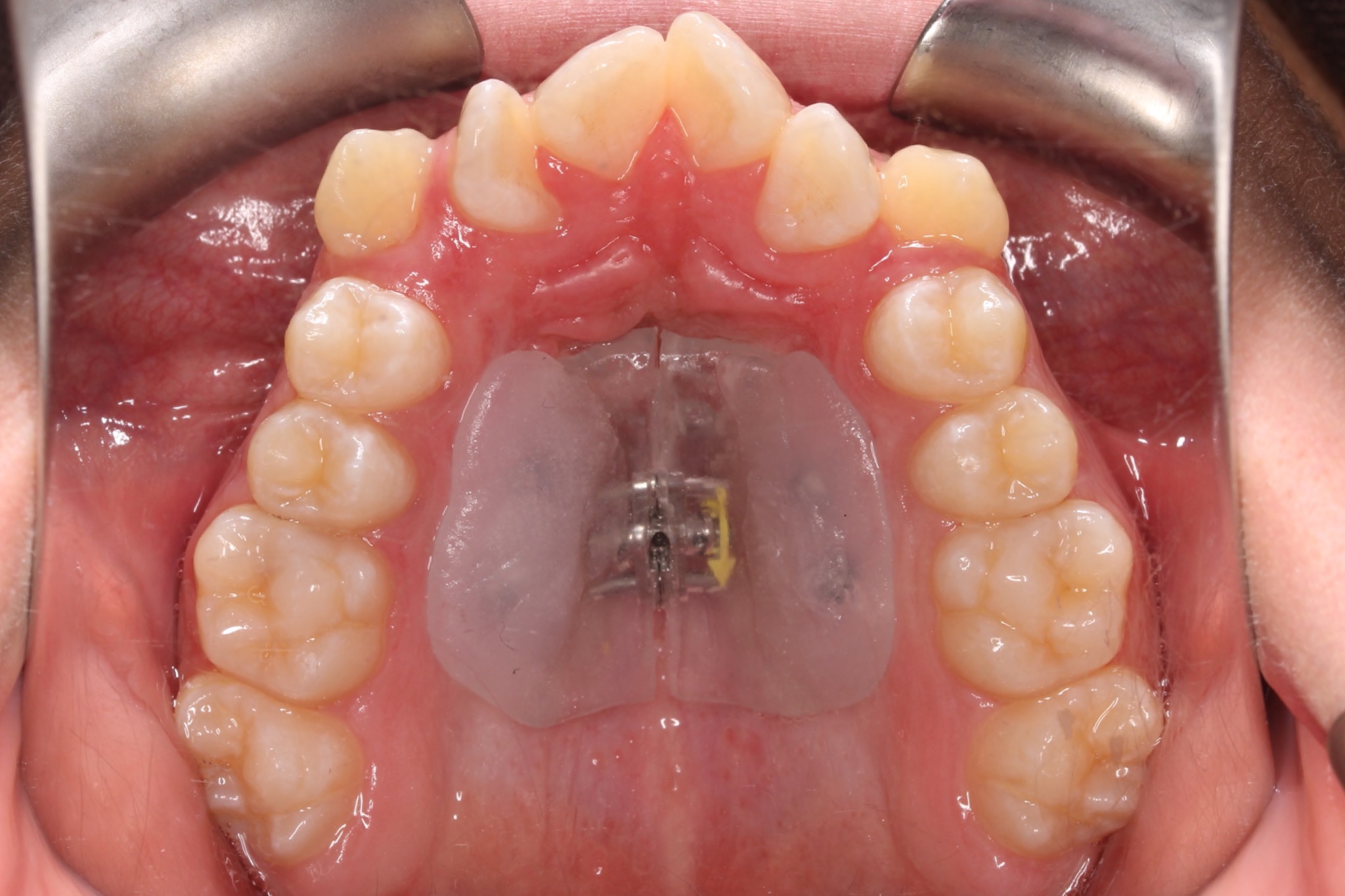
When brushing and flossing, be gentle around your expander to avoid accidentally dislodging or overturning it. Use a soft-bristle toothbrush and follow your orthodontist’s recommendations for proper oral hygiene techniques.
4. Attend regular orthodontic appointments
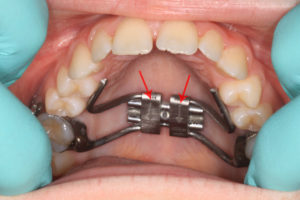
Regular check-ups with your orthodontist are essential to monitor the progress of your treatment and ensure that your expander is functioning properly. During these appointments, your orthodontist can make any necessary adjustments to prevent overturning.
5. Avoid excessive force or pressure
Avoid activities that may put excessive force or pressure on your expander, such as playing contact sports without a mouthguard or using your teeth to open packages. These actions can increase the risk of overturning.
6. Communicate any concerns or issues
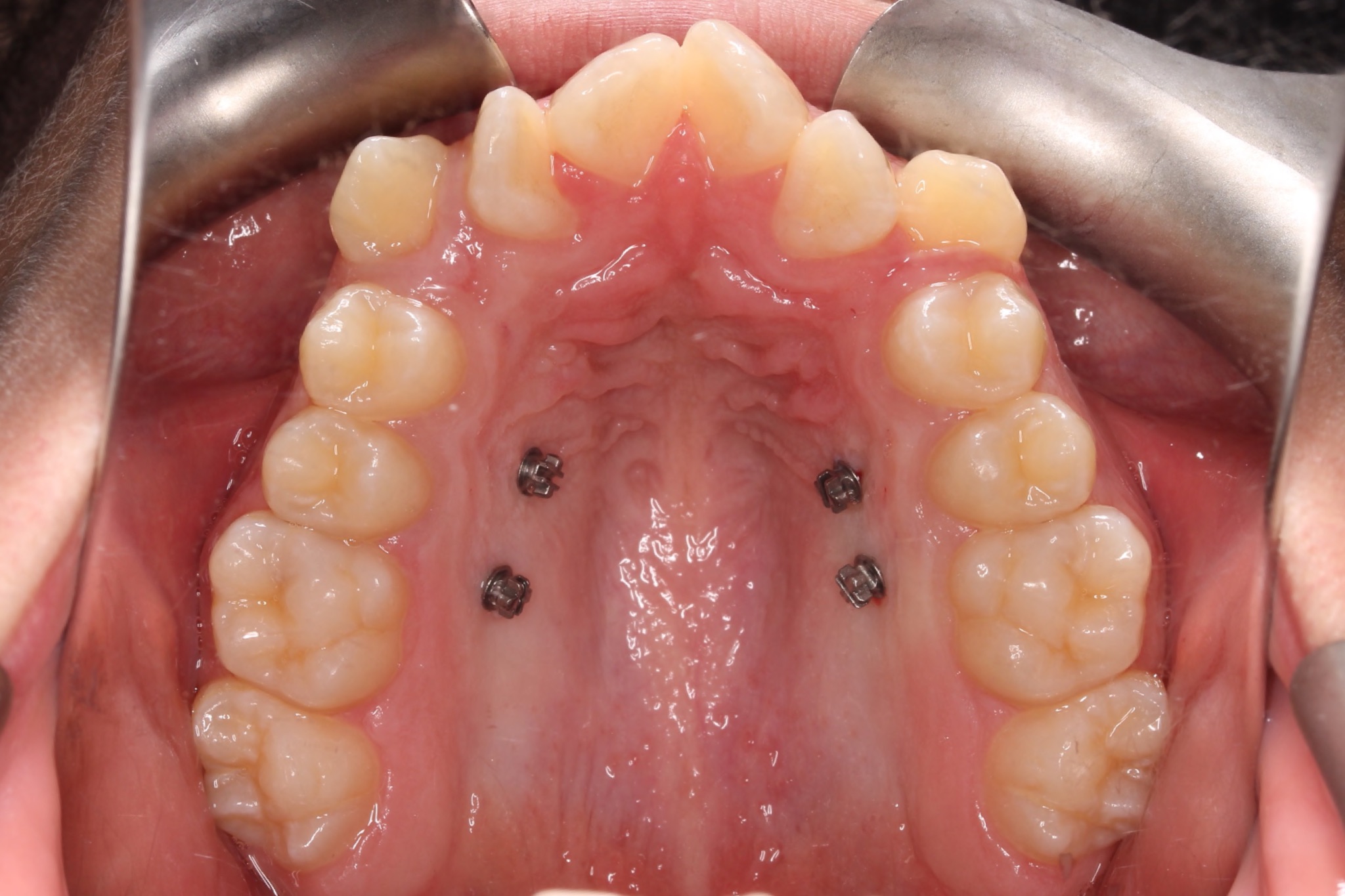
By following these steps, you can minimize the risk of overturning your expander and ensure the success of your orthodontic treatment. Remember to always consult with your orthodontist for personalized advice and guidance.

Dr. Fidel Cann: Esteemed orthodontist with a lifelong dedication to enhancing smiles and oral health. Pioneering expertise, compassionate care.


